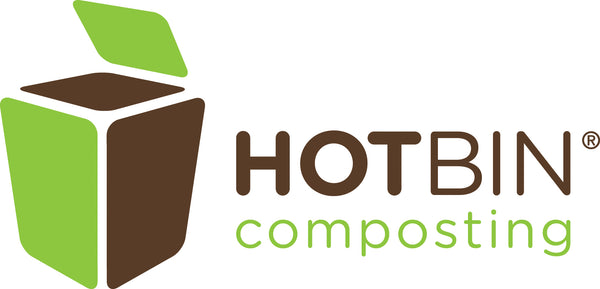Aerobic Composter Vs. Anaerobic Composter… Which One is Better?
Let’s start with the bottom line… Regardless of being hot or cold, insulated or not, bacteria need oxygen to do their job effectively.
The Process
This fact makes aerobic composters more efficient, as they provide oxygen to the composting process, shortening the composting cycle and producing compost much faster than an anaerobic composter. Furthermore, and for the same reason, a well aerate heap works more efficiently, generates more heat and thus accepts a more varied diet of food scrap that are not typically compostable in an anaerobic composter.
Capacity
A slower composting process (Anaerobic) requires more space capacity to host a sizable amount of organic waste produced by a standard-size household during a longer period of time; Whereas a faster composting cycle (Aerobic) does not require a bigger composter to meet your needs, as the composting heap moves down faster, providing more capacity to load more waste regularly.
NOTE: The composting cycle of a HOTBIN composter is 32 times faster than any traditional cold composting system when operating between 104-140°F. Its insulated walls lock in the naturally produced heat generated by the bacterial process. Therefore, HOTBINs are known to be fast, efficient and compact composter with a small footprint that produces a usable mulch after 30 days and good general purpose compost in 90 days.
Yesterday and Today
Before modern anaerobic bins were available, anaerobic composting was done in trenches or pits. Composters will dig a hole, dump in the organic material, and cover it with soil. Since no oxygen was present to accelerate the bacterial process of decomposition, the compost cycle could take a year or more. In addition, you could not tell when the process was completed unless you dig it up.
This is the same processes involved in composting organic waste in our landfills. The organic waste will eventually break down but not before releasing harmful greenhouse gas emissions such as methane, and taking more than a year to compost.
Which one is better? (Conclusion)
As anything else in life, the best composter ‘is in the eye of the beholder.’ Available yard space, location (rural, suburban, city), household size, value, and favorite activities are some of the elements to take in consideration when selecting the ‘right composter’ for you.
The main purpose of this article is to provide information and assist our audience in making an informative decision.
Reference
For more information about aerobic, anaerobic composting and sustainability, visit the United States Council website, Sustainability at UCSF and other available composting resources sites on the website.

